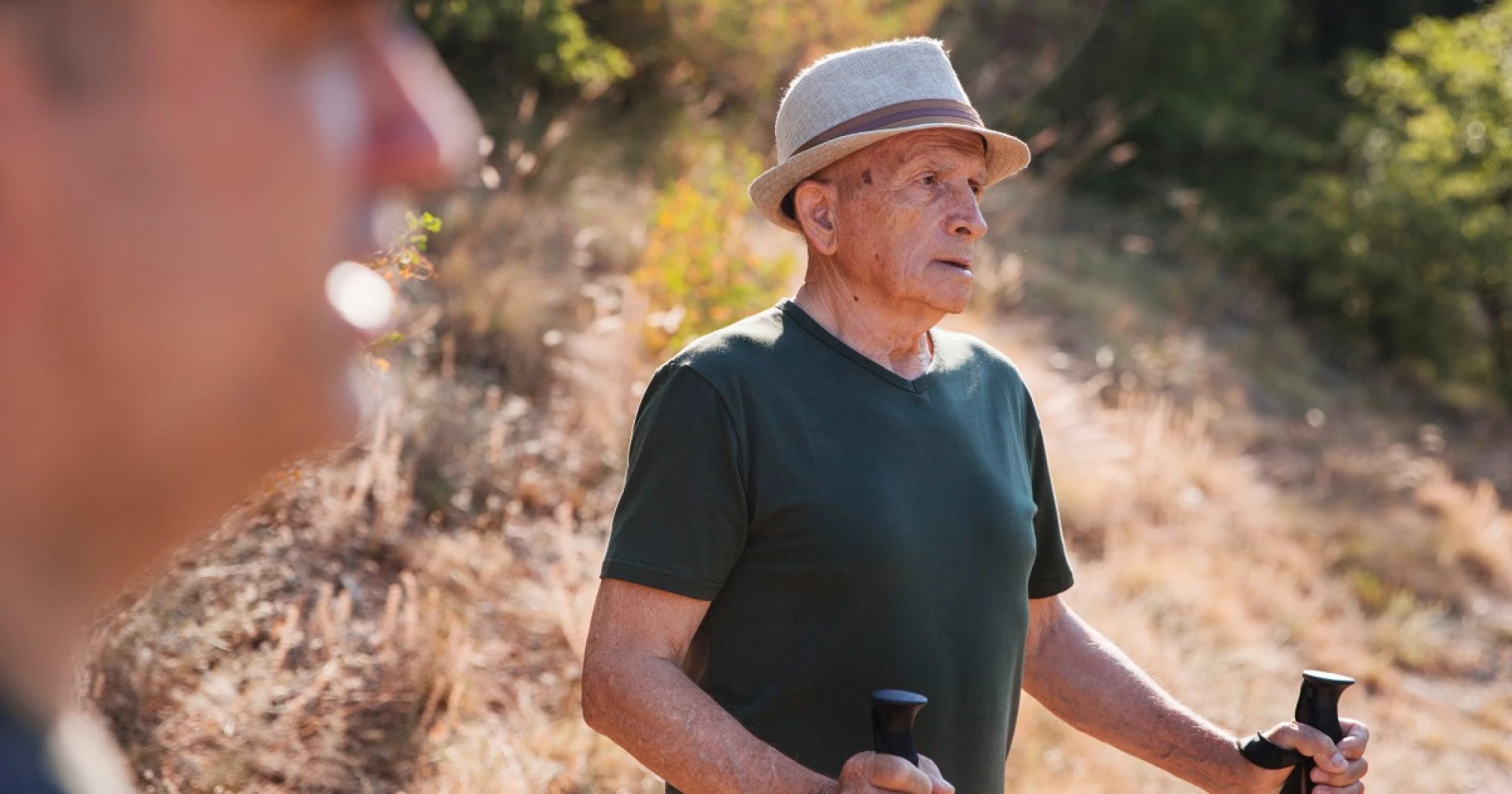New study shows how walking may delay Alzheimer's progression

There's new research that diet, certain brain training exercises and physical activity can delay the decline of memory and other cognitive abilities.
Although her grandfather had dementia when he died, Kristin Richardson hadn’t worried much about her brain until a lab test revealed that she was positive for APOE4, a gene that has been linked to a higher risk of developing Alzheimer’s disease. That was seven and a half years ago.
Richardson, now 51, remembers crying when she got the news. “I was terrified,” she said. “It’s a horrible, horrible disease with no cure.”
So Richardson, a business owner in Richmond, Virginia, decided to make whatever changes she could to reduce her risk of the disease. “I do what I can to get enough sleep. I keep active. I try to eat well and maintain a healthy weight, and I’m always working my brain to learn new things,” she said.
Kristin Richardson, seen here with her daughters, has tested positive for APOE4, a gene that has been linked to a higher risk of developing Alzheimer’s disease.Courtesy Kristin RichardsonTwo new studies being presented at the Alzheimer’s Association International Conference meeting Monday in Toronto may give some hope to Richardson and others who carry a genetic risk for the disease. Both new studies build on previous evidence that diet, certain brain training exercises and physical activity can delay the loss of memory and slow the decline of other cognitive abilities.
One study looked at the impact of walking on 2,985 Black and white older adults who were tested for APOE status and were followed for 10 years. Each year, the participants were questioned about the amount of walking they did, and at multiple points during the follow-up period, their cognitive status was evaluated with standardized exams.
https://www.nbcnews.com/health/aging/alzheimers-delayed-walking-lifestyle-diet-studies-rcna221024
Rating: 5